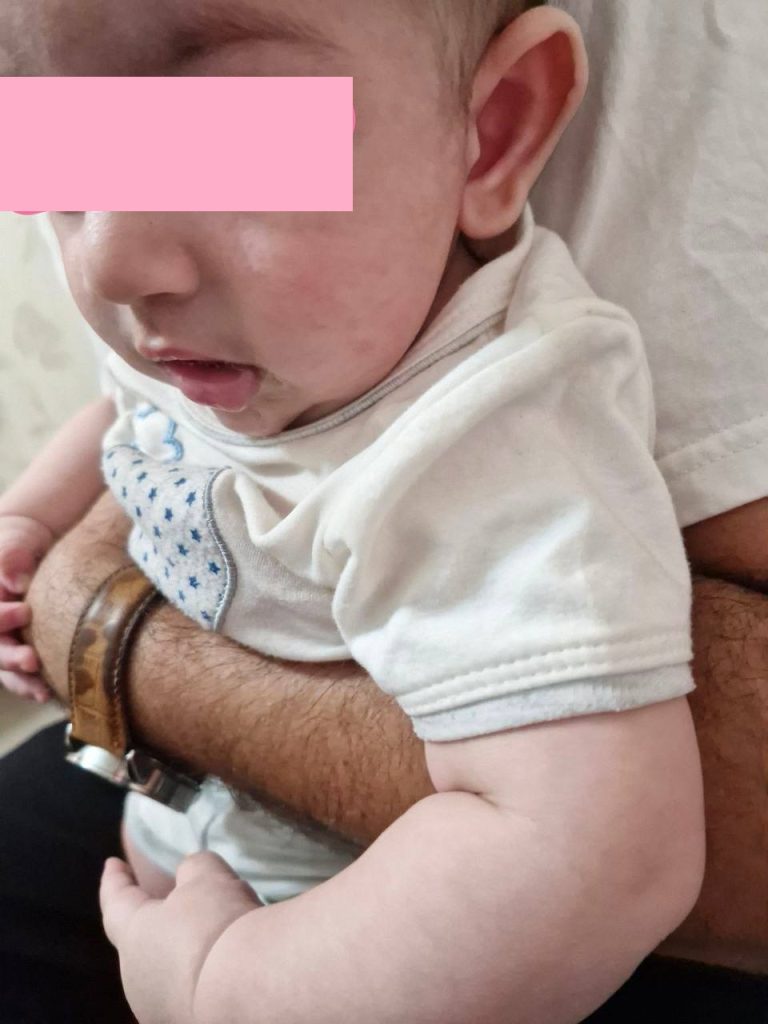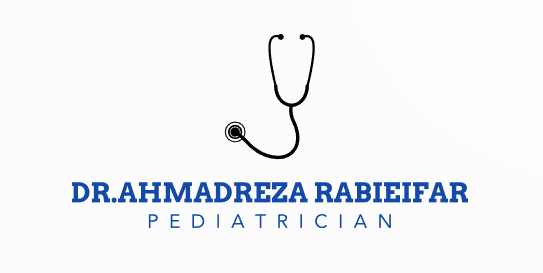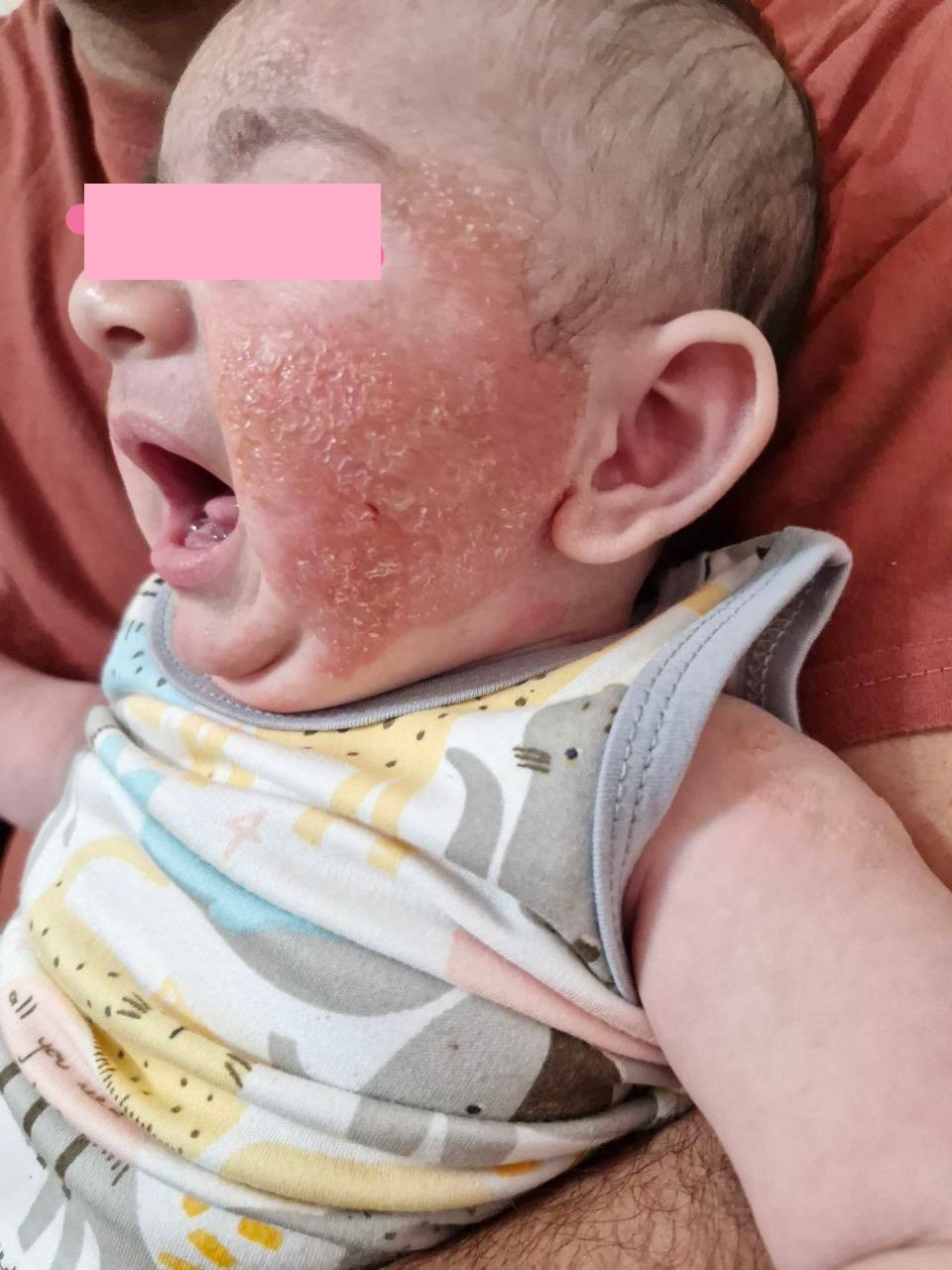The most common eczema in children, infants, and even adults is atopic dermatitis. This is a chronic condition that can persist for years and may overlap with other types of eczema.
In affected individuals, the immune system seems to become disrupted and overactive due to complex and unknown reasons. This condition causes inflammation and damages the skin barrier, a part of the skin that maintains skin integrity. As a result, the skin becomes dry, itchy, and prone to rashes. In darker skin tones, the skin may appear purple, brown, or gray, while in lighter skin tones, it may appear red.
Home Treatment for Children’s Eczema
Avoiding Eczema Triggers
First and foremost, avoid anything that irritates the skin. Common substances that can cause irritation include:
- Acidic foods
- Bumps and irritants in bedding, clothing, or car seats
- Bath soap, bubbles, detergents, wet wipes
- Alcoholic and scented baby wipes, or a substance called methylisothiazolinone
- Toothpaste containing sodium lauryl sulfate
- Environmental allergens such as pet dander, plants, dust mites, and pollen
Using Moisturizers
For home treatment of children’s eczema, regularly use a thick, plain moisturizer without any fragrance. Ideally, apply it twice a day, but if needed, you can use it more frequently. The best time to apply moisturizer is immediately after bathing or showering, as it penetrates the skin better. Ointments often work better for very dry skin because they are greasier than creams.
Short Lukewarm Baths
For treating eczema at home, long baths can worsen eczema. Hot water is also a skin irritant; however, you should not use cold water either. Therefore, a short lukewarm bath is sufficient. Additionally, your child does not need to bathe or shower more than once a day. For an infant or toddler, you can wash their face and lower body instead of giving a full bath.
Keeping Your Child Cool
Heat can aggravate eczema on children’s legs and other parts of the body. Therefore, keep your child away from direct heat sources such as heaters and fireplaces. Avoid dressing your child in multiple layers or putting too many blankets on the bed. Dress them in cotton clothing instead of wool or coarse polyester fibers.
Reducing Itchiness
Apply a cool, wet towel to itchy areas. Use wet wraps over creams and ointments to soothe your child’s skin. Mineral salt sprays, which you can find in pharmacies, may also help. Prevent your child from scratching their skin by distracting them or playing with them. Keep their nails short and clean, and use cotton gloves to cover their hands.
Moisturizing Before and After Swimming
Your child can swim in chlorinated water, but you should apply moisturizer before swimming. After swimming, rinse their skin with cool water and apply more moisturizer. Saltwater may also improve eczema.
Treated chiled of a child with atopic dermatitis

 English
English
 فارسی
فارسی 

